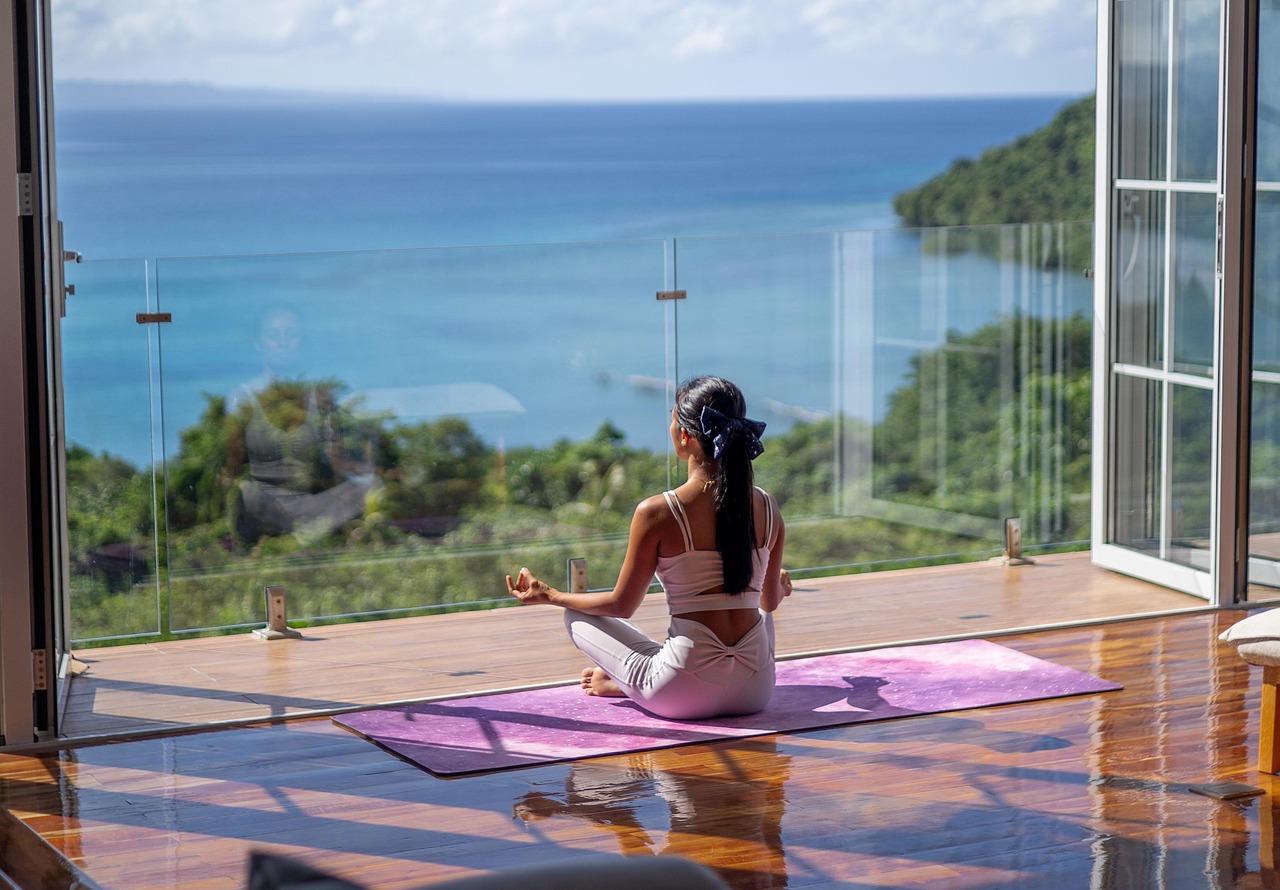“`html
In today’s fast-paced world, the importance of mindfulness practice has surged, as more individuals seek solace amidst the chaos. Mindfulness—being fully present and engaged in the moment—offers a sanctuary from stress and anxiety while promoting mental clarity and emotional well-being. This blog post delves deeply into mindfulness practice, exploring its benefits, techniques, and practical applications in daily life, aiming to empower readers to embrace this transformative discipline.
What is Mindfulness?
Mindfulness is the practice of paying attention to our thoughts, feelings, bodily sensations, and the surrounding environment in a non-judgmental way. Often rooted in Buddhist traditions, it has gained recognition in modern psychology and wellness.
The Essence of Mindfulness
- Attention: Mindfulness involves focused awareness on the present moment.
- Acceptance: It encourages acceptance of thoughts and feelings without judgment.
- Non-reactivity: Practitioners learn not to react impulsively to emotions or stimuli.
Benefits of Mindfulness Practice
Engaging in mindfulness practice has proven to have numerous physical, emotional, and psychological benefits. Here are some of the most impactful:
Physical Benefits
- Reduced stress levels
- Lower blood pressure
- Improved immune function
Emotional Benefits
- Increased emotional regulation
- Greater resilience to distress
- Enhanced overall mood
Psycho-Social Benefits
- Improved relationships and communication skills
- Better focus and concentration
- Enhanced creativity and problem-solving ability
Mindfulness Techniques to Incorporate into Daily Life
Mindfulness can be practiced in various formats. Here are some effective techniques to incorporate into your routine:
Mindful Breathing
- Find a quiet space to sit comfortably.
- Close your eyes and take a deep breath.
- Focus on your breath as you inhale and exhale, counting each breath.
- Whenever your mind wanders, gently guide your focus back to your breath.
Body Scan Meditation
This technique involves mentally scanning your body for areas of tension. Here’s how to do it:
- Lie down comfortably on your back.
- Close your eyes and start at the top of your head, progressively focusing on each part of your body.
- Notice sensations—tension, relaxation, pain, or warmth—without judgment.
Mindful Walking
Transform a simple walk into a mindful experience:
- Walk slowly and deliberately.
- Focus on the sensation of your feet touching the ground.
- Notice your surroundings—sounds, sights, smells—as you walk.
Mindfulness in Practice: Real-World Applications
Mindfulness can significantly impact various areas of life, including work, relationships, and health.
Workplace Mindfulness
- Encourage open communication and a supportive atmosphere among colleagues.
- Incorporate short mindfulness breaks during meetings.
- Practice focus techniques before tackling challenging tasks to enhance productivity.
Mindful Parenting
Applying mindfulness in parenting can improve both parental and child well-being:
- Respond instead of reacting to your child’s behavior.
- Engage fully during family activities without distractions.
- Teach children to express their emotions and practice being present.
Challenges in Mindfulness Practice and How to Overcome Them
While mindfulness can be immensely beneficial, practitioners may face certain hurdles:
Common Challenges
- Restlessness: It’s common for beginners to feel restless during practice.
- Distraction: External and internal distractions often lead to a wandering mind.
- Self-judgment: Practitioners may judge themselves for not being ‘good’ at mindfulness.
Strategies to Overcome Challenges
- Start with short sessions and gradually increase duration.
- Use guided meditations to keep focused.
- Practice self-compassion; remember that mindfulness is a journey.
Conclusion
Mindfulness practice is a powerful tool for enhancing overall well-being and navigating the stresses of modern life. By incorporating mindfulness techniques into daily routines, individuals can experience improved mental clarity, emotional health, and even better physical well-being. As you embark on your mindfulness journey, remember that persistence is key; every moment spent in practice contributes to your overall growth and peace. Embrace the present, and let mindfulness guide you toward a more fulfilling life.
“`






